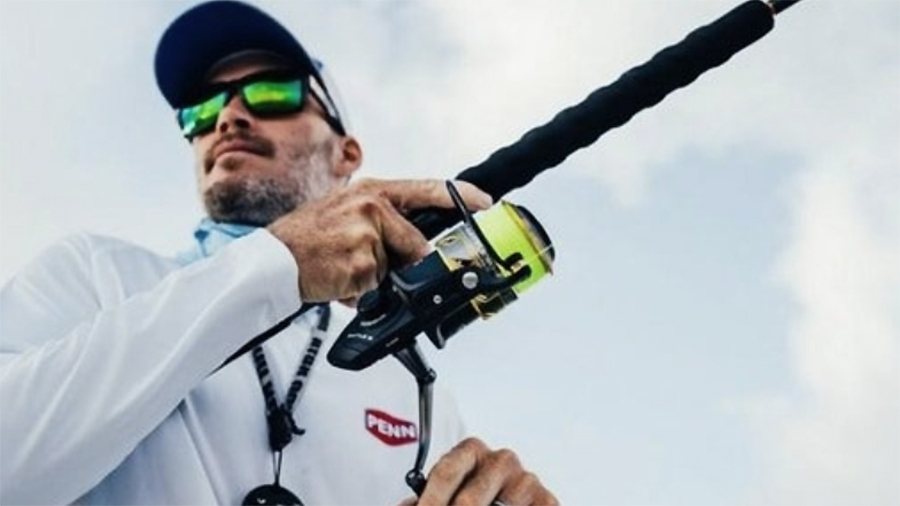Ratings lowered include Pure Fishing’s Corporate Family Rating (CFR) to Caa2 from Caa1, its Probability of Default Rating (PDR) to Caa2-PD from Caa1-PD, and the company’s senior secured first lien term loan rating to Caa2 from Caa1. The outlook is negative.
“Today’s rating downgrade and negative outlook reflect Pure Fishing’s unsustainable capital structure and the elevated risk of default over the next 12-to-18 months given its very high financial leverage,” said Oliver Alcantara, AVP-Analyst at Moody’s. “We expect that demand and industry headwinds will persist in 2023 and the company has limited financial flexibility to absorb prolonged revenue pressures given its constrained liquidity.”
Pure Fishing reported “meaningfully lower operating results” in fiscal 2022, with year-over-year revenue declining 14.6 percent, as persistently high inflation and weakening macroeconomic conditions are pressuring consumer demand for the company’s products. In addition, the elevated level of inventory at retail has negatively impacted reorders. Moody’s said the company’s decline in profitability was more pronounced in fiscal 2022 with company-adjusted EBITDA lower by 48 percent versus the prior year and pro forma for acquisitions, pressured by cost inflation that was only partially offset by price increases. Moody’s wrote, “As a result, Pure Fishing’s financial leverage is very high with debt/EBITDA at around 18.6x for the fiscal year period ended December 31, 2022.”
The company’s debt balance doubled over the past two years, in part to fund the acquisitions of Plano in April 2021 and Svensen Sport in February 2022, according to the report. Since 2021, ongoing cash flow deficits also contributed to the higher debt.
Moody’s wrote, “Pure Fishing’s much larger debt capital structure is unsustainable at current earnings levels and its liquidity is constrained by large borrowings and negligible availability under its $250 million asset-based lending (ABL) revolver due March 2026. The company had $159.3 million of borrowings and $5.5 million of availability on its ABL revolving facility as of December 31, 2022. Revolver borrowings were used to help fund acquisitions, and to cover ongoing cash flow deficits since 2021 driven by lower earnings, higher interest expense and large working capital investments.”
Moody’s noted that in late fiscal 2022 and early 2023, Pure Fishing completed a series of transactions to improve its liquidity, which included entering into a $60 million real property loan due October 2024, secured by the company’s North American real estate and provided by its financial sponsors, Sycamore Partners. The company also obtained a $50 million promissory note due February 2027 to fund working capital and for general corporate purposes. In addition, the company extended the maturity of its ABL revolving facility to March 2026.
The company also reported changes to its executive management team, including that its CEO would be stepping down but would remain on the company’s board of directors and that its CFO was transitioning to an operational role. The company also implemented productivity improvement initiatives that include labor cost reduction and production efficiency improvements.
Moody’s said, “The debt capital injection provides near-term financial flexibility to fund operations and working capital seasonality, particularly during the first quarter of 2023 ahead of the North American fishing season. The company anticipates cash flow generation will improve in the middle of fiscal 2023, as orders stabilize and excess inventory declines. Still, Pure Fishing will need to sustainably and meaningfully improve its profitability and cash flows to sustain its higher debt service requirements and fund business seasonality past 2023. The weakening macroeconomic conditions, including lower demand, rising interest rates, and ongoing shifts in spending from goods to services create uncertainty around the company’s ability to expand the EBITDA margin. Execution risks are also heightened by Pure Fishing’s high business and cash flow seasonality. Consumer demand trends could worsen during periods of high seasonality, increasing economic uncertainty.”
Photo courtesy Pure Fishing














